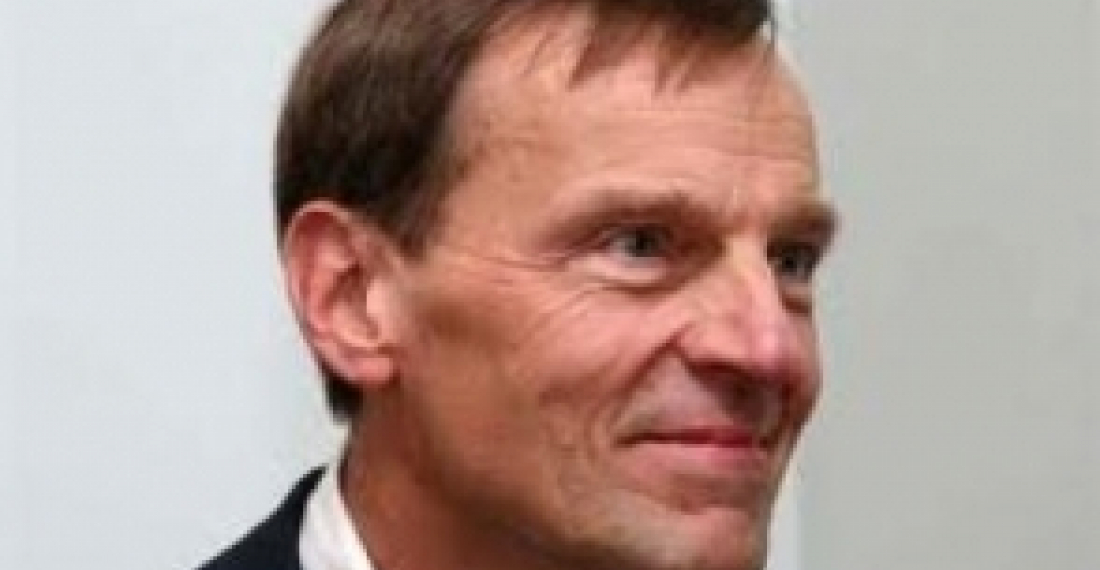Минская группа ОБСЕ смогла достигнуть согласования трех основных элементов в разрешении Нагорно-карабахского конфликта. Достигла стабильности в регионе, смогла в какой-то мере разрядить напряженность в регионе и предотвратила начало новой войны, когда был нарушен режим прекращения огня. Подобное мнение в интервью RFE/RL выразил американский сопредседатель Минской группы ОБСЕ Роберт Брадтке.
Минская группа, по его словам, также выступила посредником в урегулировании конфликта и создала каналы для сотрудничества, а также разработала общую основу для переговоров, что предусмотрено непосредственно ее мандатом. По мнению Брадтке, за 20 летний период работы в урегулировании нагорно-карабахского конфликта, несомненно, был зафиксирован прогресс. Основной же причиной, которая не позволяет достигнуть согласия является взаимное недоверие сторон и нежелание идти на компромисс.
"Тем не менее, стороны НКК находятся гораздо ближе к достижению соглашения, чем они сами предполагают. Мы как сопредседатели можем лишь подать идею для быстрого урегулирования конфликта. Но основное решение должны принять уже сами стороны, что возможно только при их взаимном уважении и готовности сесть за общий стол переговоров",- заявил Брадтке. Он также отметил, что США и в 2012 году продолжит содействовать скорейшему урегулировании данного конфликта, Брадтке также сообщил , что на этой неделе состоится встреча сопредседателей в Вене, до встречи с постоянным советом ОБСЕ, который предоставит возможность обсудить на высоком уровне формирование групп планирования в ОБСЕ. Урегулированием карабахского конфликта с 1992 года занимается Минская группа ОБСЕ, представленная сопредседателями от России, США и Франции. В настоящее время процесс урегулирования карабахского конфликта происходит на основе "Мадридских принципов", выдвинутых сопредседателями МГ ОБСЕ в 2007 году в Мадриде и обновленных в 2009 году.







